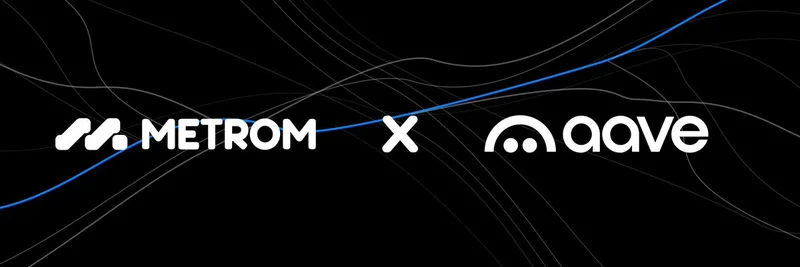Hey there, crypto enthusiasts! If you’ve been keeping an eye on the latest developments in the blockchain world, you’ve probably heard the exciting news: the U.S. Securities and Exchange Commission (SEC) has just approved in-kind creation and redemption for spot Bitcoin and Ethereum exchange-traded funds (ETFs). This move, highlighted in a recent tweet by Bloomberg ETF analyst James Seyffart (@JSeyff), is a big deal for the crypto market. Let’s break it down and explore what this means for investors, institutions, and the future of altcoin ETFs.
What’s the Buzz About In-Kind Creation and Redemption?
First off, let’s clarify what "in-kind creation and redemption" means. In simple terms, it allows authorized participants (think big Wall Street firms or market makers) to exchange actual Bitcoin (BTC) or Ethereum (ETH) directly for ETF shares, instead of using cash. Previously, these ETFs operated on a cash-only model, where cash was swapped for shares, and the fund managers handled the crypto purchases or sales. This new approval lets the process happen with the underlying crypto assets themselves, making it smoother and more efficient.
Seyffart’s tweet on July 29, 2025, at 20:27 UTC, points out that this approval extends to both Bitcoin and Ethereum ETFs and hints that upcoming altcoin ETFs might adopt this method from the start. He sees this as a positive step forward, suggesting the SEC is warming up to treating crypto as a legitimate asset class. This aligns with the broader trend of integrating cryptocurrencies into traditional finance, as noted by other experts like Eric Balchunas (@EricBalchunas).
Why Does This Matter?
So, why should you care? Here are a few key benefits:
- Efficiency Boost: In-kind transactions cut out the middle step of converting cash to crypto or vice versa. This reduces costs and keeps the ETF’s price closer to the actual market value of Bitcoin or Ethereum.
- Tax Advantages: By avoiding cash sales, it minimizes taxable events for institutional investors, making it a win for their bottom line.
- Paving the Way for Altcoins: Seyffart suggests that future altcoin ETFs (think Solana or Cardano) could launch with this in-kind feature, opening doors for a wider range of crypto investments.
However, don’t get too excited if you’re a retail investor hoping to swap your ETF shares for actual Bitcoin. This approval is mainly for authorized participants, not everyday folks like us. As Seyffart and others (@JSeyff) have clarified, retail investors will still trade through brokers using cash, so the immediate impact might feel minimal for the average person.
The Bigger Picture: A Shift in SEC Attitude
This approval marks a notable shift from the SEC’s earlier stance under former Chair Gary Gensler, who was cautious about in-kind redemptions due to concerns about money laundering and market manipulation. The change seems to reflect a more crypto-friendly approach, possibly influenced by the current administration’s push for clearer crypto regulations. As Eric Balchunas noted (@EricBalchunas), this could signal more approvals in the fall, treating crypto more like traditional assets.
The web is buzzing with this news too! Sites like Cointelegraph and Decrypt are reporting on how this could deepen market liquidity and benefit institutional players. It’s a step toward aligning U.S. crypto ETFs with global standards, where in-kind models are already common, especially in places like Hong Kong.
What’s Next for Crypto ETFs?
Looking ahead, this approval could be just the beginning. Seyffart’s optimism about altcoin ETFs adopting in-kind creation from the get-go suggests a maturing market. If successful, we might see more innovative ETF products, potentially even ones allowing retail investors to redeem shares for crypto in the future—though that’s likely years away. For now, the focus is on institutional efficiency, which could drive more capital into the crypto space.
If you’re a blockchain practitioner or investor, keep an eye on how this plays out. The SEC’s next moves, especially around altcoin ETFs, will be critical. Want to dive deeper? Check out Meme Insider’s knowledge base for the latest on meme tokens and blockchain trends, or follow Seyffart and Balchunas on X for real-time updates.
What do you think this means for the future of crypto investing? Drop your thoughts in the comments—we’d love to hear from you!



